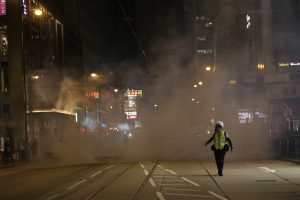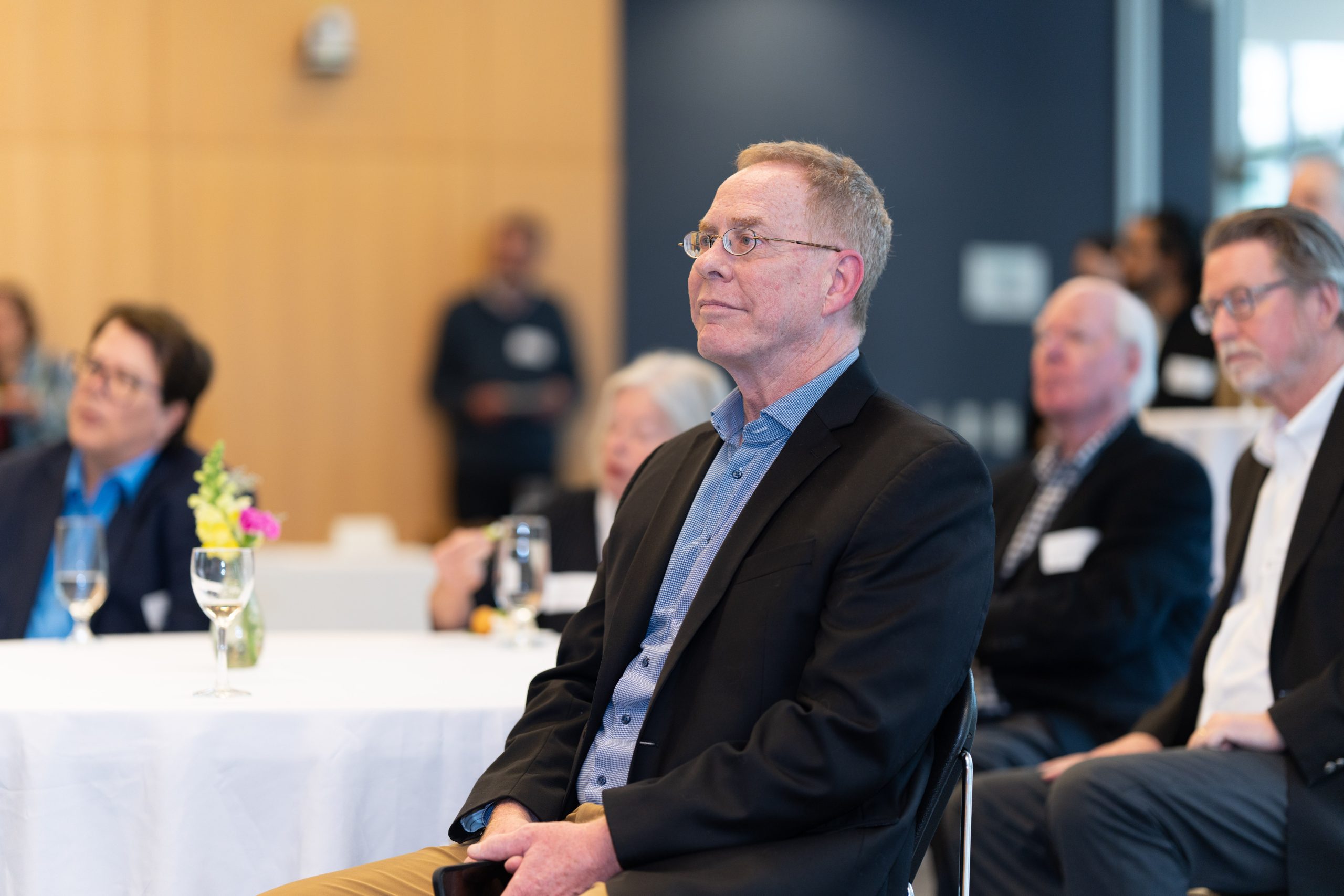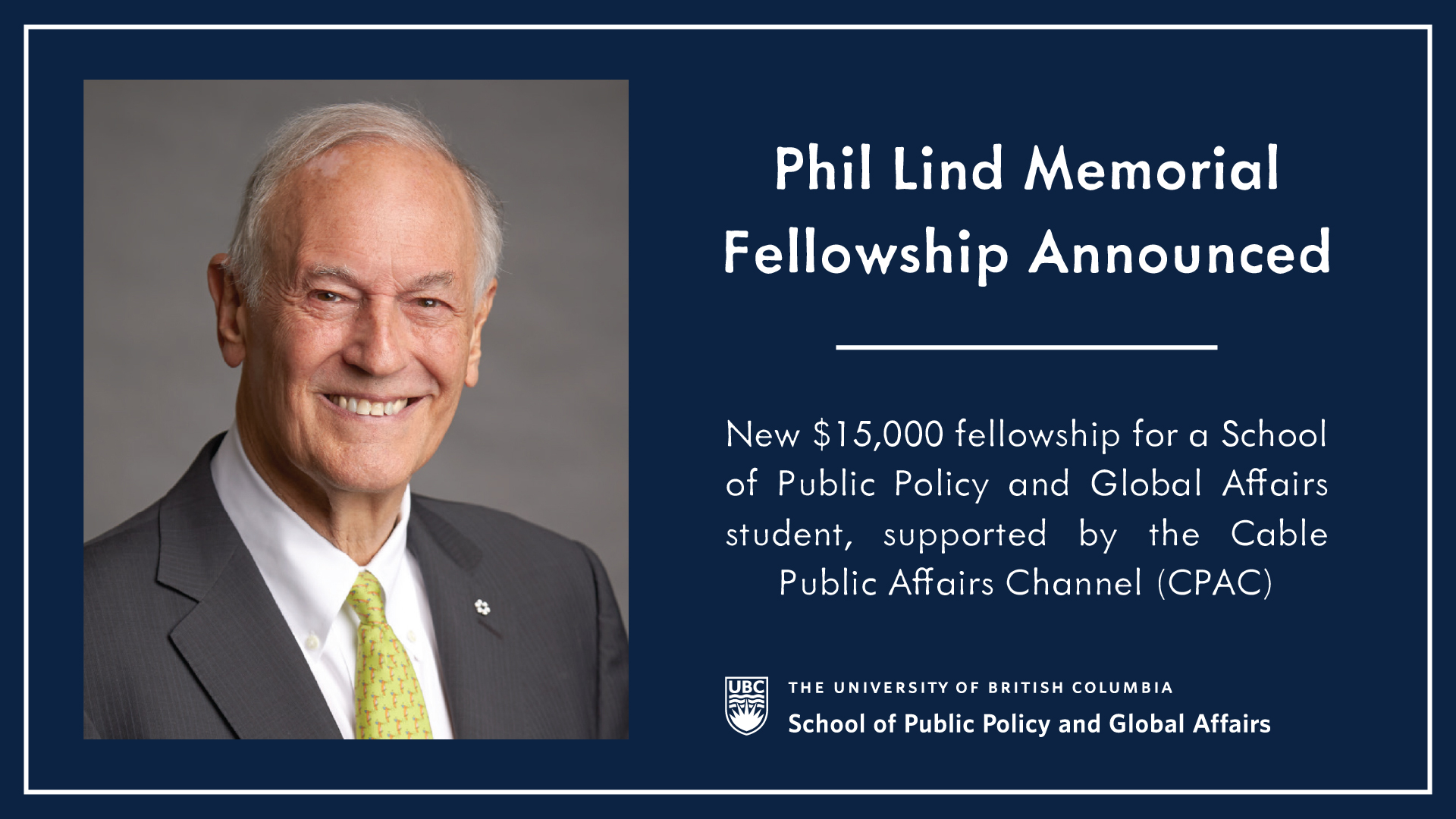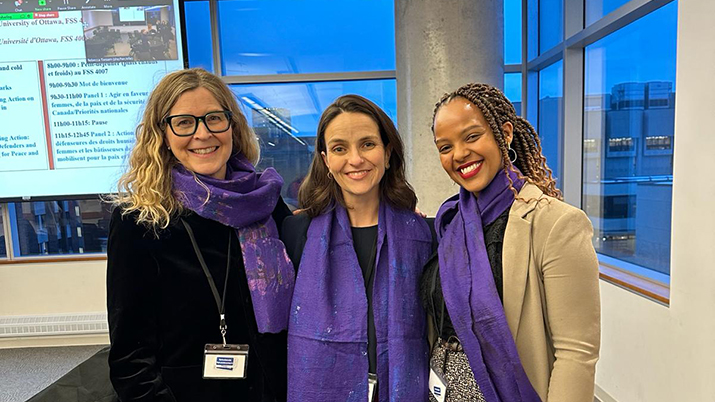General Summary
The political and economic relationship between China and Canada is bleak, to put it lightly. Global power dynamics are shifting, some say aggressively so, towards the East. Domestically, the People’s Republic of China is confronting mass civil unrest in Hong Kong, while facing international scrutiny for the government’s “re-education” camps for Muslims in Xinjiang province. Meanwhile, Canadian media, think tanks, and academic institutions have been criticized for propagating Western-centric rhetoric, often unfairly demonizing PRC policy. Concerningly, some news outlets have reported a rise in anti-immigrant sentiment in the wake of escalating bi-lateral tensions.
Consequently, global, bi-lateral, and domestic conflicts, whether in China, in Canada, or on the international stage, continue to affect people living in Canada, including students at the University of British Columbia. Indeed, divisive politics and polarized ideologies are fueling an atmosphere of reproachful disengagement and stereotyping within the diverse ethnic Chinese communities on campus, and between Chinese and non-Chinese communities.
In an effort to address this growing concern, UBC’s School of Public Policy and Global Affairs, through the Institute of Asian Research, has been exploring dialogue as a tool to engage students across the ideological and political divide. Cassandra Jeffery, a student from the Master of Public Policy and Global Affairs program, conducted a series of interviews with UBC students of ethnic Chinese descent, as well as with UBC area specialists. These perspectives are explored in a four-part series aimed at illustrating the process of ideological polarization in times of political turmoil and social tension.
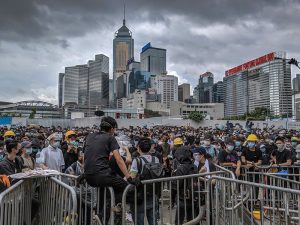

Credit: Studio Incendo
Read each piece of the four-part series by clicking on the links below:
The first article in the Hong Kong series provides an overview of the project more broadly, some contextual and historical information, and poses a number of questions driving research for this project. The article starts with the arrests of the “two Michaels” and Huawei CFO Meng Wanzhou, sheds light on the geo-political circumstances fueling the fire, and concludes with an inquiry regarding our ability to find sustainable solutions to a seemingly irrevocable problem.
This specific article explores our understanding of identity, and how such understandings shape our perceptions of politics, international relations, and conflict resolution more broadly. The piece starts with a first-hand account of identity construction, and what it means to question one’s identity based on personal values versus societal impositions. Then, sharing words from multiple people, the article navigates identity politics in the real world.
3) Are You Pro-Hong Kong or Pro-China? Ideological Divisions in an Age of Ultra-Nationalism
This specific article interprets the process of ideological polarization through the rise of nationalist rhetoric. In other words, how does our turbulent era of rising populism and nationalism, globalization, and unbridled capitalism bleed into the UBC community? How is it that events taking place on the either side of the Pacific fracture relationships here in Vancouver? Does an extremely polarized campus jeopardize the safety and wellbeing of students?
4) Talking It Over: Stepping Back from Ideological Polarization
Concluding this series, this article discusses solution building tactics, with a specific focus on the use of dialogue as a tool to understand the myriad of opinions along the ideological and political spectrum. Is constructive dialogue possible? If yes, what does dialogue look like here on campus?
Notice: This content is provided for informational purposes only. Please do not copy without the author’s express permission.


Credit: Studio Incendo 2
Research Facilitator and the Institute of Asian Research (IAR)
Cassandra Jeffery is a graduate student at the School of Public Policy and Global Affairs. She is currently working with Dr. Timothy Cheek and Dr. Paul Evans on a series of projects focused on policy development through the Institute of Asian Research (IAR). Most recently, Dr. Evans and Dr. Cheek hosted an event through the IAR titled, China Choices: Recalibrating Engagement in a Turbulent Era, Canadian and Australian Views.
The two-day seminar welcomed UBC faculty, Asia specialists from across Canada and the world, and Canadian political representation. The primary premise of the seminar was to encourage dialogue between various vantage points in the face of growing China-Canada tensions. One specific focus was to discuss the impact these political tensions have had on Chinese communities in Canada. This research project spun from this specific focus, as a means of eliciting and showcasing Chinese voices and perspectives on the subject matter.
Moving forward, the challenge is to bridge the gaps identified between Chinese Canadian communities and other Canadian communities, especially in the policy process, and to address the gap between area/China studies and ethnic studies. This goal will hopefully encourage universities to usefully contribute to the strengthening of democratic life in our Chinese Canadian communities in the face of PRC government pressures and the Canadian media misperceptions.
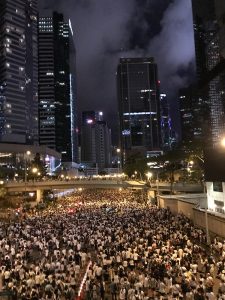

Credit: Kevin Krejci
